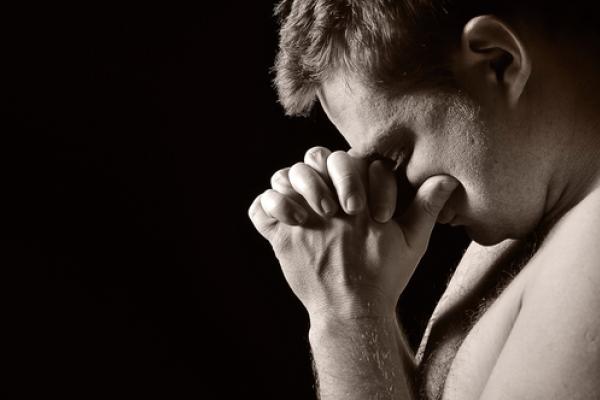I’m asked pretty often what I see for the future of organized religion, and Christianity in the West in particular. Given the fact that I am in the process of completing a book called “ postChristian ,” some people make assumptions that I am convinced it’s all going away.
Granted, Christianity has experienced precipitous decline, and the drop-off likely is far from done. Before we see any leveling-off within the institutional church, there will be many more church closures, consolidation of shrinking denominations, and an increasing number of people called to, and already working in, ministry who supplement their income with some non-ministerial side vocation.
So what do we, who still operate within the system of a declining religion, do about our situation? Some of this has little or nothing to do with anything the church has done or can do. Our increasingly distributed, decentralized, and accelerated culture has forced churches out of the center of American social life. Also, changing cultural norms have made it much more socially acceptable not to go to church.
I’ve long suggested that many of the folks filling the pews during the so-called heyday of the church some 40 to 60 years ago were there under some duress. They went because of community pressure to do so, because their spouses made them, or because it was a great place to do business networking. But honestly, were we any better off as a faith to have our buildings full if the folks who were there didn’t really want to be there?
There is, however, plenty of culpability to go around for the church and how it brought itself to this fairly anemic state. We’ve hurt people. We’ve operated under false pretenses. We’ve preached and taught things we haven’t necessarily believed and we’ve turned blind eyes to the kind of behaviors that do indelible damage to the hearts, minds, and souls of those who sought refuge in our congregations.
For this, we must continue to repent. We need to confess the harm we’ve done, and we must seek out those we’ve hurt and beg their forgiveness. We must humble ourselves at the feet of those we claim to serve and reclaim the role of path-forgers and light-bearers rather than gatekeepers.
But this is only part of the process of repentance. Thomas Keating, author of, The Human Condition, writes that, “When Jesus said, ‘Repent,’ to his first disciples, he was calling them to change the direction in which they were looking for happiness. ‘Repent’ is an invitation to grow up and become a fully mature human being.”
We, the church as a whole, need to change the direction in which we are looking for happiness, fulfillment, efficacy, and relevance in the world today. We can’t use the touchstones of the past to determine the course of our work ahead. The old “butts and bucks” metrics of the good old days (number of bucks in the offering plate and butts in the pews) isn’t good enough. And in fact, it never was. We’re called to something different: something far more important, exciting, and compelling.
We’re invited into a more mature understanding of what it means to be community, bound together by the spirit of Jesus. We’re invited to help invoke a kingdom-inspired vision of reconciliation and restorative justice in a world so used to brokenness that often times, it sees to other option. We’re invited to dream of creatively nonviolent alternatives to engage injustice, much like the dream of Dr. Martin Luther King some decades ago.
But we can’t accept the invitation while preoccupied with the past, or with survival of our churches. When the man whose identity was tied up in his own material wealth and success asked Jesus about how to join him in the kingdom (perhaps right now, and not just after he died, in my opinion), he said to lay it all down, give it away, and look ahead for a new source of meaning and happiness.
The church might do well to consider doing likewise at this critical point in our history.
Christian Piatt is a Sojourners Featured Writer and an author, editor, speaker, musician, and spoken word artist. He is director of church growth and development at First Christian Church in Portland, Ore. Christian is the creator and editor of Banned Questions About The Bible and Banned Questions About Jesus . His new memoir on faith, family and parenting is called PREGMANCY: A Dad, a Little Dude and a Due Date .
Image: Repentance image, itsmejust / Shutterstock.com
Got something to say about what you're reading? We value your feedback!
